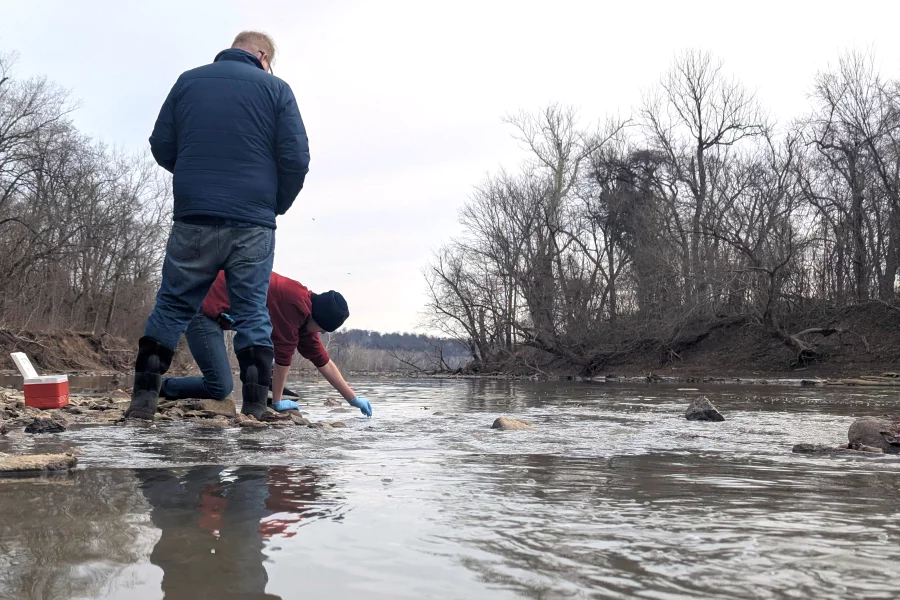 Contamination of drinking water by a common herbicide poses a greater health threat than previously believed, according to a report issued by the nonprofit environmental organization Natural Resources Defense Council (NRDC).
Contamination of drinking water by a common herbicide poses a greater health threat than previously believed, according to a report issued by the nonprofit environmental organization Natural Resources Defense Council (NRDC).
"Our biggest concern is early-life-stage development," said Jennifer Sass of the NRDC. "If there's a disruption during that time, it becomes hard-wired into the system. These endocrine disrupters act in the body at extremely low levels. These spikes matter."
Because atrazine is compatible with no-till farming, it is popular among farmers seeking to acquire a "green" label by reducing their carbon footprint. It is known to disrupt the hormonal system, and may cause cancers and menstrual problems in adults. It is considered especially dangerous to the developing reproductive systems of fetuses and children. The chemical has been shown to kill aquatic microorganisms and suppress the immune systems of larger animals, and it can cause limb or reproductive deformities in amphibians at levels as low as 0.1 parts per billion.





 In January, part of a decades-old sewer line in Maryland collapsed by the Potomac River. Over...
In January, part of a decades-old sewer line in Maryland collapsed by the Potomac River. Over...






























